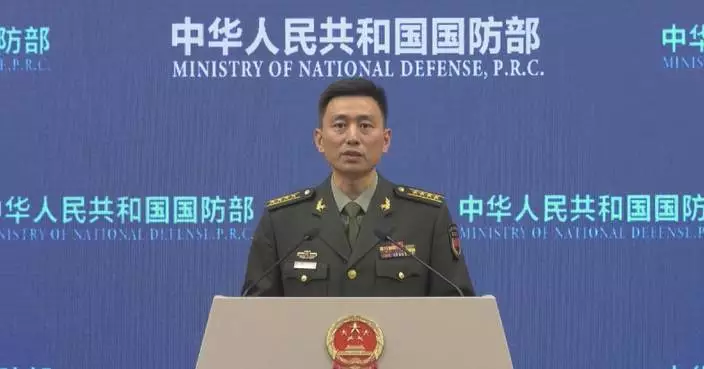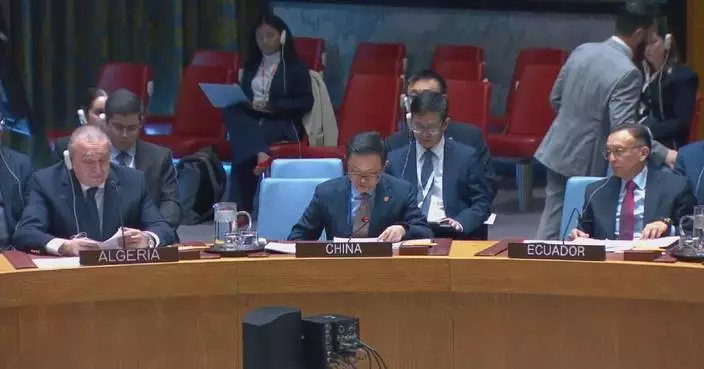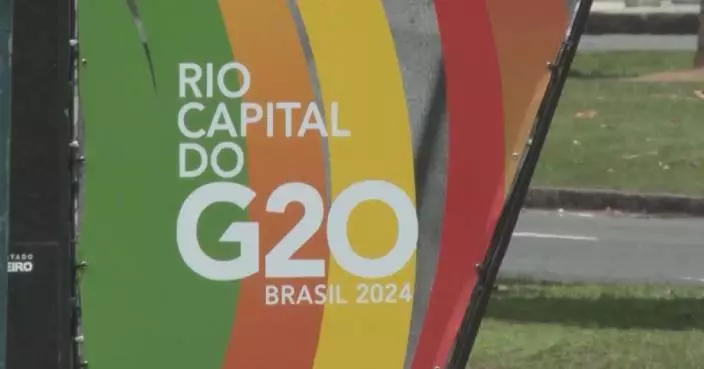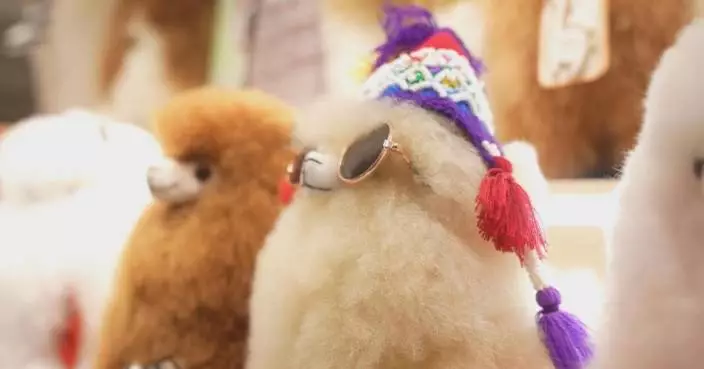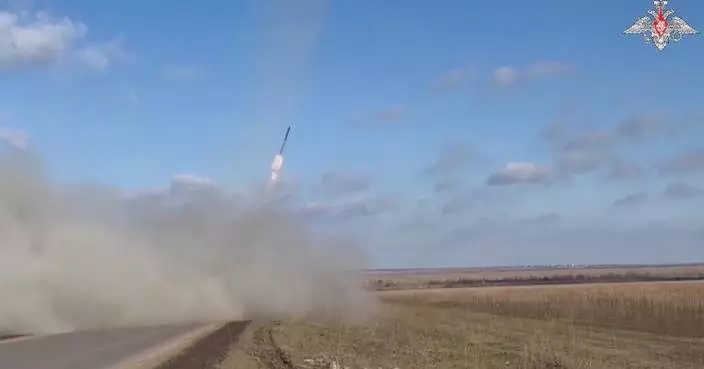Brazilian President Luiz Inacio Lula da Silva expressed eagerness to meet with Chinese President Xi Jinping in the coming days, emphasizing that China's experience has "sparked curiosity" about its rapid transformation.
In an interview with China Central Television (CCTV) in Brasilia, Lula recounted how his visits to China have helped shape his view of the country and what it can offer Brazilians.
"My delegation is deeply impressed by China. I have visited China multiple times, and every visit—whether in Beijing or Shanghai—allows me to witness the systematic development in the fields of commerce, industry, and education. China is a country that amazes every visitor and sparks curiosity about how the Chinese people have achieved such profound transformations in such a short period of time. This is undoubtedly an extraordinary knowledge revolution that we must learn from. We are eager to access and absorb this knowledge and hope to share valuable experiences with China," said the Brazilian president.
"This is also one of the reasons why I am able to maintain a sincere relationship with President Xi Jinping. I believe that Brazil and China share many common values, and the partnership between our two countries can benefit all of humanity," he said.
After attending the the 31st APEC Economic Leaders' Meeting in Lima, Peru on Friday and Saturday and completing his ongoing state visit to Peru, Xi will travel to Rio de Janeiro to attend the 19th G20 Summit and pay a state visit to Brazil at the invitation of Lula da Silva from Nov 17 to 21.
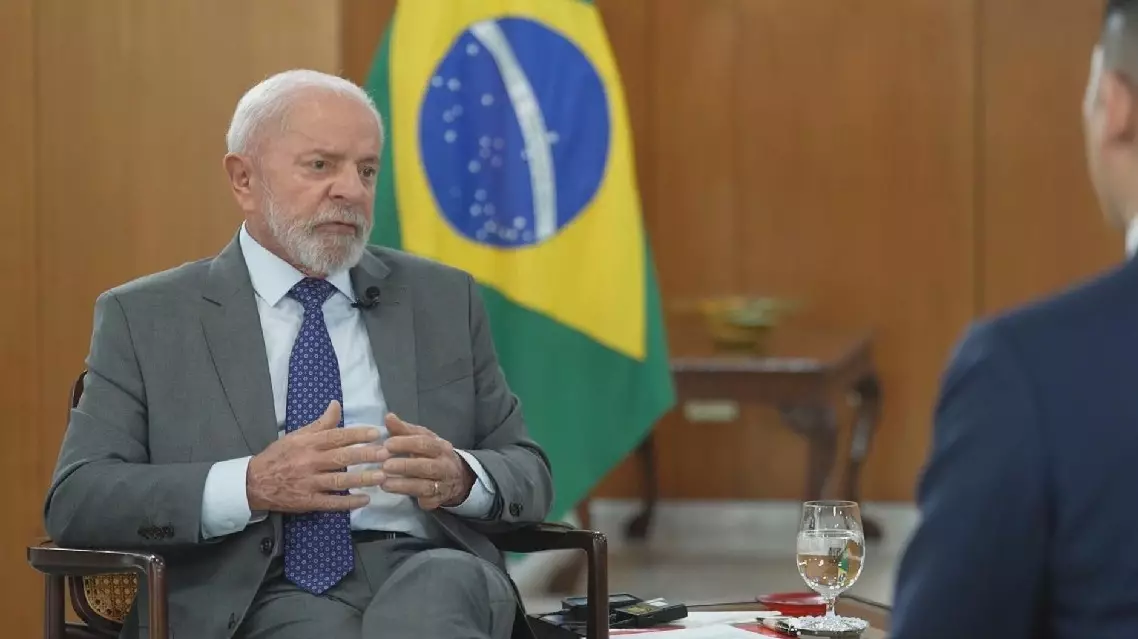
China's development experience worth learning from: Brazilian president
China's newly-launched Tianzhou-8 cargo spacecraft delivered some 480 kilograms of equipment to the Tiangong Space Station, which are set to be used for in-space scientific experiments covering multiple fields.
China on Friday announced the successful launch of its Tianzhou-8 cargo spacecraft which is delivering supplies to its orbiting Tiangong space station.
The supplies and equipment will be used in many different scientific projects. Some were started during previous missions, such as experiments around cells and space radiation.
"The Tianzhou-6 mission successfully differentiated hematopoietic stem cells from human pluripotent stem cells, which was the first case globally. The Tianzhou-8 mission will experiment on the three-dimensional growth and in-orbit existence of human pluripotent stem cells, which is also the first time in the world according to our study and following of relevant reports and documents," said Lei Xiaohua, a researcher at the Chinese Academy of Sciences.
"Studying the risk of space radiation for tumor occurrence is very important for the health of our astronauts, especially for future travel to space. We hope to use such an environment in space to study the risk of lung cancer," said Zhou Guangming, a researcher at Soochow University.
Some experiments will be carried out for the first time, like the introduction of 'fruit flies' aboard the space station.
"By magnetic shielding in the experiment, we can reduce the magnetic field in the certain cultivation environment. And then, we will look at whether fruit flies can survive in the space environment with both microgravity and hypo magnetic fields, and whether they display specific or novel behaviors," said Li Yan, a researcher at the Chinese Academy of Sciences.
Chinese scientists hope that these space experiments will translate into new solutions and applications back on Earth, all with an aim of helping mankind.
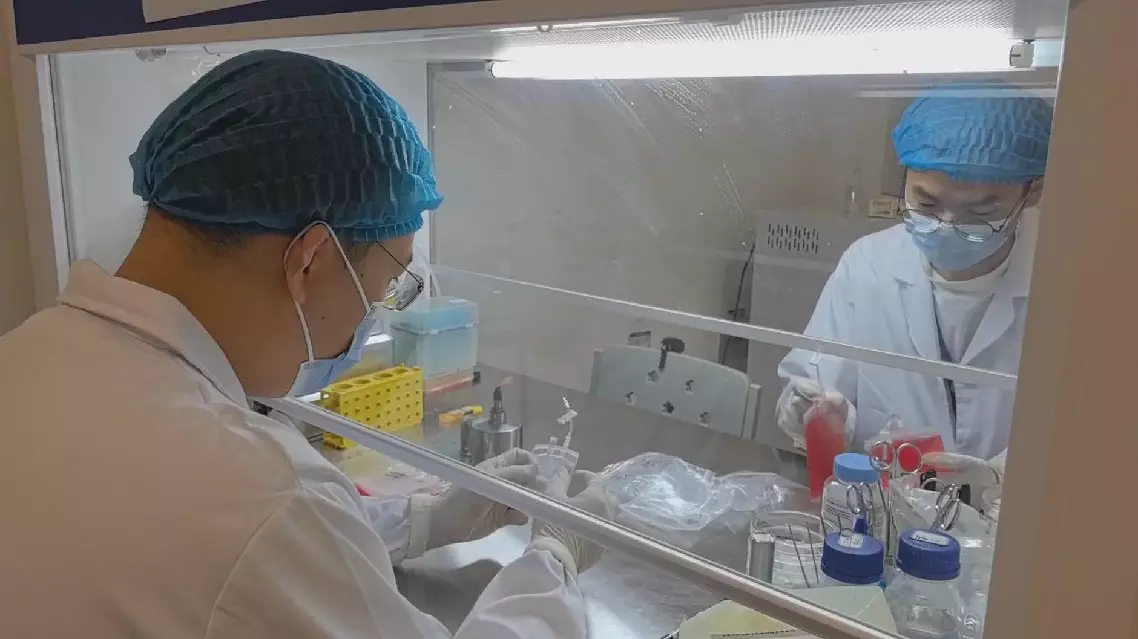
China’s Tianzhou-8 cargo craft delivers supplies for scientific experiments to space station




